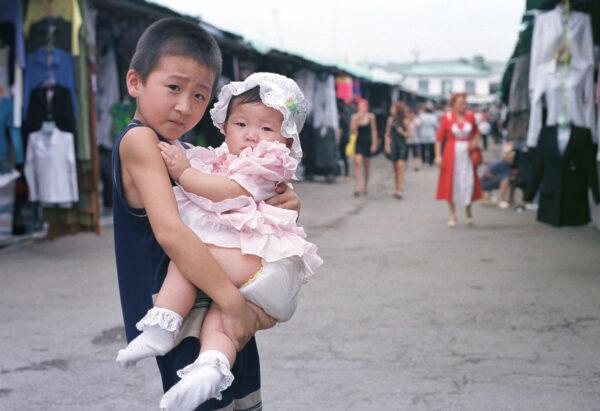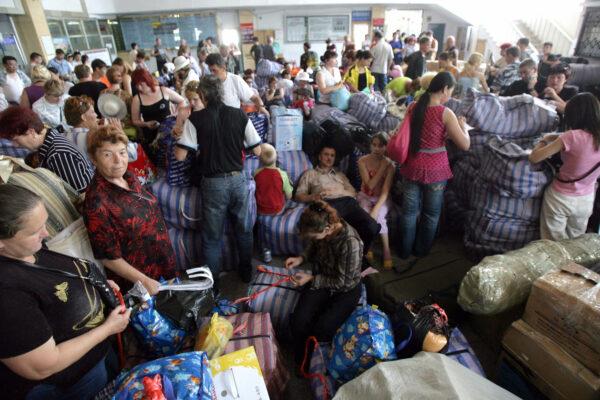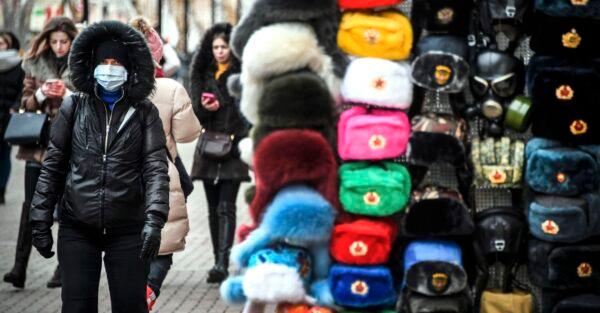Closed Ports
Chinese authorities closed the land ports at Heihe city, Suifenhe city, and Dongning city in Heilongjiang province, as well as Hunchun city in Jilin province, on April 4 and April 7. All are cities that border Russia.Then, land ports at Manzhouli and Heishantou in Inner Mongolia were closed before April 11—leaving no land ports with Russia open.
For Chinese nationals who wish to fly back home, China’s foreign ministry said they are required to install a mobile “health code” app beginning on April 15. Chinese citizens must update their health information every day for 14 days before they take a flight back to China.
Because there are very few flights currently operating between Russia and China, most Chinese in Russia would choose to fly to a border city, and then take a bus to land ports to try their luck.
However, some Chinese found ways to cross the border illegally.
It’s unclear how Chen entered China.

Chinese Stranded
On April 13, Chinese who were stranded in Blagoveshchensk city, Russia posted a video on social media and asked for help. Blagoveshchensk and Heihe city of China are separated by the Amur river.“Every day, more Chinese arrive here [from other Russian cities] to wait and enter China. But we can’t cross the border and nobody gave us any explanation,” the man said in the video. Then, another man joined him in the video and pleaded for the Chinese government to help.
The netizen who posted the video explained that 31 Chinese were stranded in Blagoveshchensk and had to sleep on the streets because they did not have enough money to pay for accomodations.

Life In Russia
There are some Chinese nationals who want to return home, while others have been expelled by the Russian government.“Tens of thousands of Chinese businesspeople work at these two markets,” Xiu said. “Since March 28, Russia launched a stay-at-home policy.”
Xiu introduced that many of these Chinese businesspeople lived in crowded places to save money, and may want to return to China where they have families.
Moscow mayor Sergei Sobyanin spoke about the outbreak during an April 10 interview with the state-run RIA Novosti news agency.
In Moscow, people who violate quarantine rules can be fined up to 5,000 rubles ($68).

Chinese historian Li Yuanhua criticized the Chinese authorities’ decision to block off its border with Russia, and urged the government to allow people to go back home.
Mr. Yu, a resident in Harbin city, Heilongjiang also thought Chinese authorities made the wrong decision. “No matter if they are studying in Russia or doing business there, they have parents and siblings in China. It’s their right to come back home...The authorities didn’t take responsibility. It should evacuate people,” he said.





